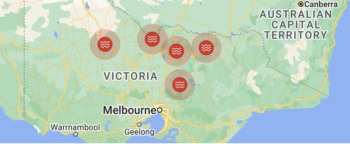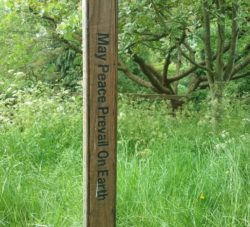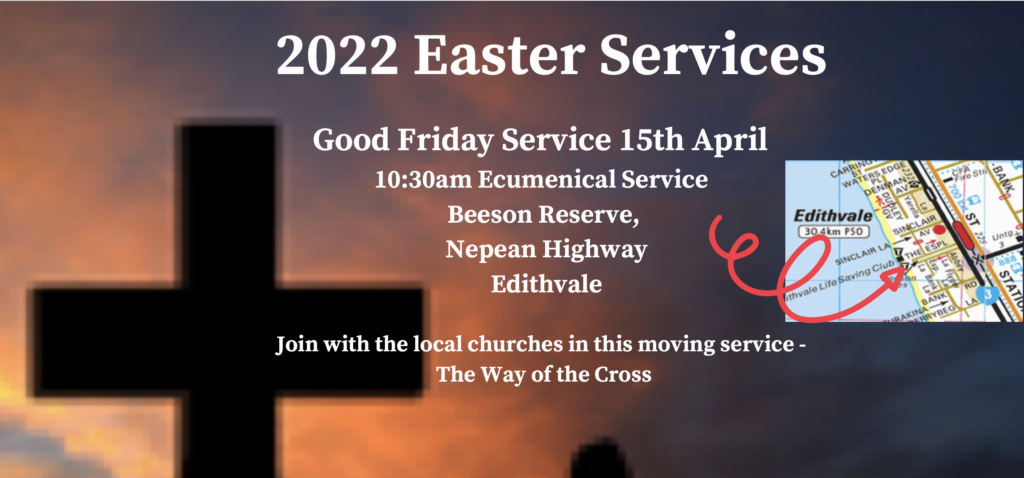Sincere condolences to members of God’s Squad who were celebrating 50 years with a ride that ended in tragedy with a fatal accident involving Barry ‘Baz’ Porter. May our God hold him in loving embrace, and comfort those who mourn his passing.
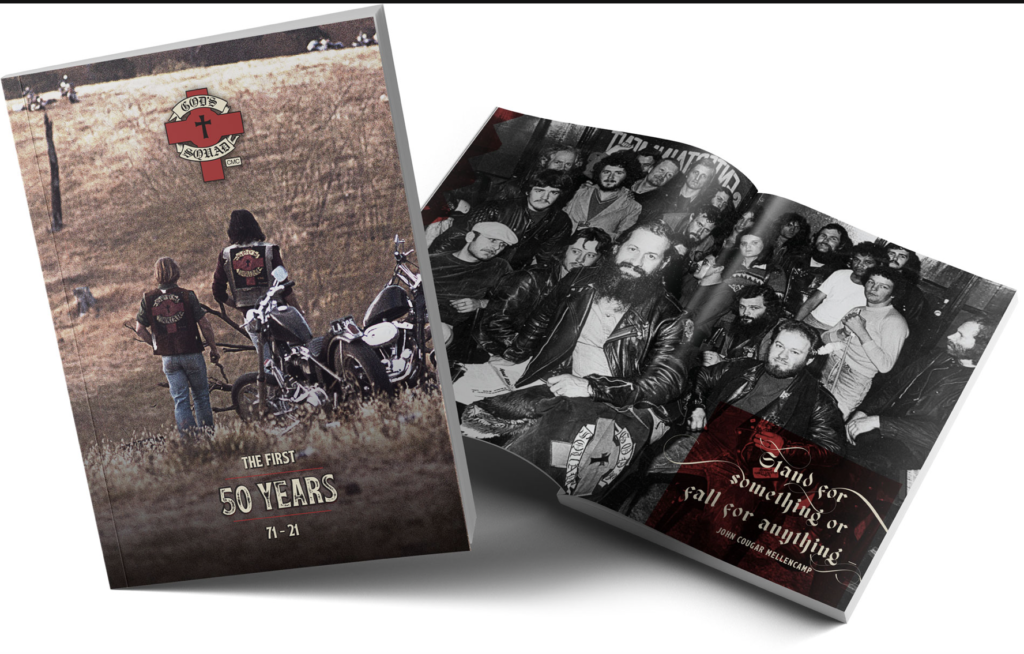
The book launch of ‘The First 50 years’ culminates a project to gather the history of the God’s Squad, from its origins in Sydney in 1971 to the beginning of God’s Squad in 1972 under the leadership of John Smith, with the blessing and guidance of the original Sydney chapter. From that base in Melbourne, God’s Squad spread from Australia, where it has had multiple chapters for many years, throughout Europe, into New Zealand and also the USA.
Since its birth, out of the counterculture Jesus movement days of the late 60s and early 70s God’s Squad has continued, for nearly five decades, to devote its efforts amongst those on the fringes of society. The Club continues to primarily exist to minister among motorcycle clubs and associated groups, where it is an accepted and relevant expression of the Christian Church.
God’s Squad has also maintained a long commitment of service among the poor, advocacy for the rights of first nation people, active ministry in prisons, schools and the public space. All of this is built on a foundation that takes the call of radical discipleship in Christ seriously, which finds its roots in his teaching.
On the occasion of Melbourne Chapter’s 25th anniversary back in 1997, John Smith offered the following reflection on our behalf. This still holds true.
“… our faith and commitment remain stronger than ever. You need a faith to live by and a friend to stand by. Like Jesus, who we follow, we are committed friends of the outcasts of this world. We are friends, not to manipulate our mates to faith – but because we talk and live a faith that is free for all. True love is no weak sentiment – for Christ it led to crucifixion.
To all our mates on the bike scene, we want to say on our Anniversary, we are a club that exists not for ourselves, but for non-members. If you ever need an honest believing friend, we are here for you and so is Christ.
Cheers and God be with you.”
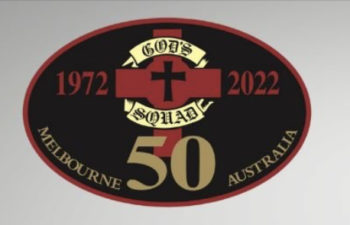
As part of the 50 years celebrations, a Thanksgiving Church service was held on Sunday October 2, hosted at TLC Church, 265 Canterbury Rd, Bayswater North. Tim Costello was the guest preacher. https://www.youtube.com/c/TlcchurchOrgAu
Sources: God’s Squad website and Facebook page
